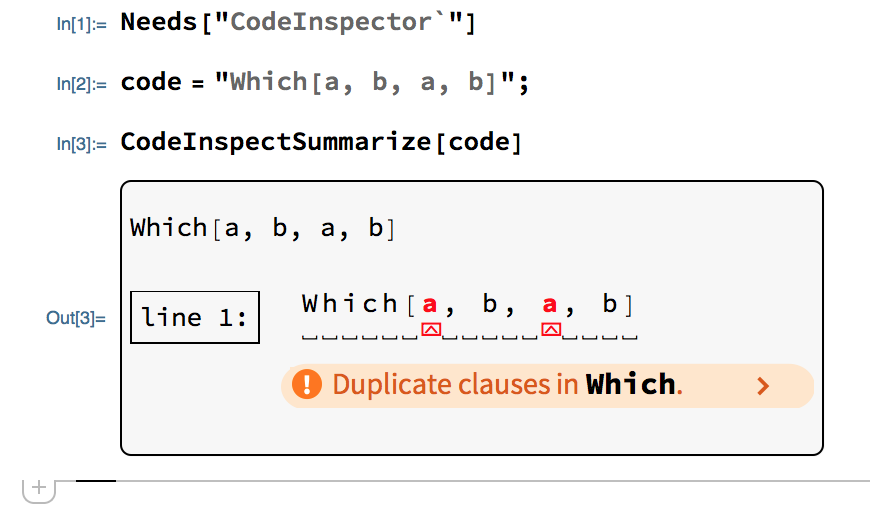I don't do much real programming, but I've recently been turned on to Atom, which has linter plugins for over 50 languages to make coding easier (most drawing on pre-existing lint-like programs).
In other languages, linters help me learn about operator precedence (unnecessary parentheses), good programming styles/techniques, and get warnings about code that may not have been intended. Is there something along these lines for Mathematica?
If not, is there a reason why not? At first glance it seems like a number of the suggestions/tips I pick up from reading answers here could be automated. For example, maybe the Mathematica linter would remind you to memoize your functions with f[n_]:=f[n]= if that setting is turned on.
Edit: For a couple days in November 2016 there was work on a linter for Atom for Mathematica on github, but the project seems to have died quickly and I couldn't get it to work.


Tableconstructs within functions (just to name the first few ideas that popped into my head). The pitfalls post would be an excellent source of inspiration for checks to implement. I wonder if a bit of spelunking would turn up a way to extend the front-end's existing bare-bone checks? $\endgroup$